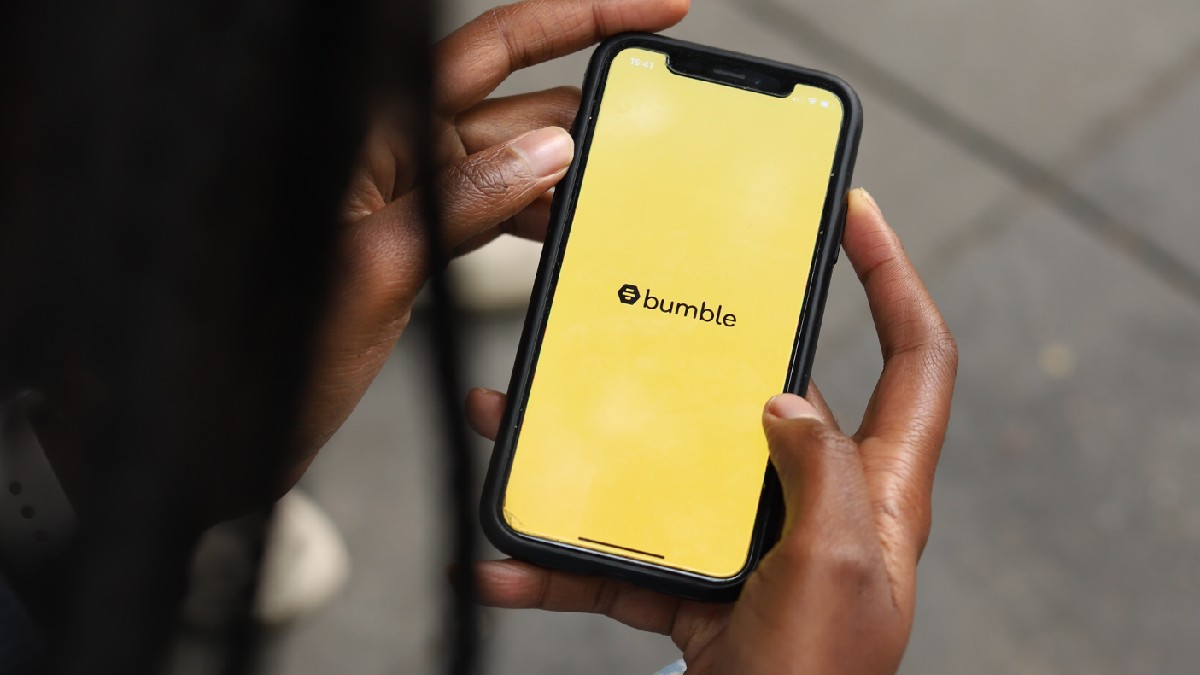
Psychologists Investigate How Online Daters Respond To Sexually Suggestive Messages
A new study sheds light on the risks and consequences of sending explicit messages to new online dating matches.

By Mark Travers, Ph.D. | July 3, 2023
A new study published in Personal Relationships reveals that while striking conversations with new matches online might sometimes seem like a shot in the dark, the content of your messages can significantly influence the trajectory of your online dating experience.
Speaking of a problematic yet common practice that can potentially turn off your match's interest, interpersonal communication researcher and lead author of the study, Amanda Lilly, warns against the use of sexually explicit messages which are "not expected as an initiation despite being commonplace and most people do not favor these messages."
"Even people who are more tolerant of sexualized initiation messages don't view them positively, kind of neutral at best," she adds.
To understand why explicit messages are a turn-off for many, the researchers recruited 275 adults under 30 years of age to participate in an online study. The participants were asked to imagine matching with someone through online dating who sent either a traditional greeting or a sexually suggestive or explicit message.
The study revealed two factors that influenced the intensity of one's negative reactions to explicit openers on dating apps:
- Gender norms. Socio-cultural gender norms influence how negatively people view sexually explicit conversation starters online, with men viewing the messages less negatively than women. "Western culture and media often suggest that male-presenting people should always be open to having sex and that having more sex means that person is more masculine. Meanwhile, female-presenting people are put in a position of almost being the gatekeepers for sex," points out Lilly.
- Receiver's motives. The reason why people are on dating apps also shapes the intensity of their negative reaction to these texts. "People who are more interested in casual sex relationships were more okay with sexualized initiation, whereas people who were interested in finding a long-term partner viewed these messages more negatively," says Lilly. This points to a strong need for people to be on the same page about their needs and wants with their match before hitting send on an explicit text or image.
While these factors influence how negatively one reacts to these initiations, explicit openers are perceived more negatively than other greetings overall – prompting those on the receiving end to respond with a spectrum of negative behaviors ranging from not responding, blocking, reporting the sender, and/or lashing out against the sender.
Regardless of interpersonal consequences, for Lilly, there seems to be an overarching, primary concern behind this practice: a glaring lack of consent. Pointing out how these messages might violate your match, she says, "I never want to 'yucky' anyone's 'yum' as long as it is between two consenting adults, but consent can be a problem with initiation messages because there is no previous communication to establish consent."
Her advice? It's best for online daters to steer clear of using this tactic unless they know for sure that the other person is interested in this type of communication.
"I would caution people from using these types of messages because if they want to start a relationship, they don't want to sexually harass their potential partner. Plus, research has now shown that extensive online dating use without success is damaging people's mental health, so it kind of seems like a majority of the time it would result in negative consequences for the sender," she adds.
A full interview with researcher Amanda Lilly discussing her new research can be found here: This online flirtation technique will always be creepy
